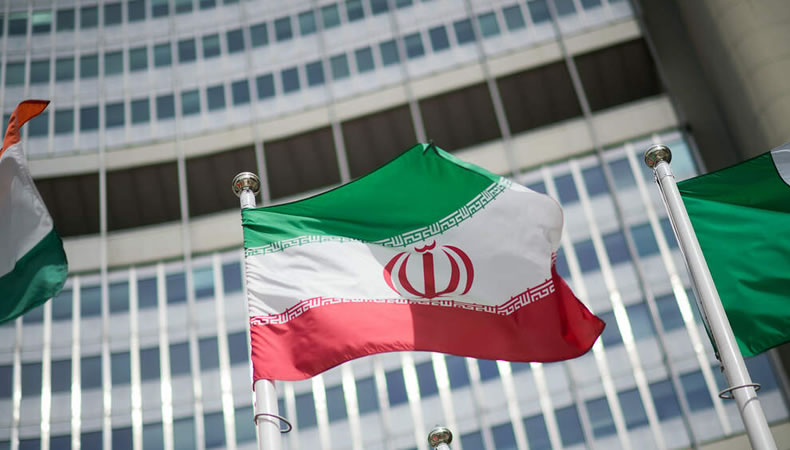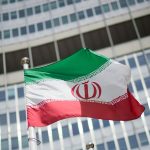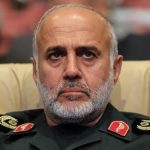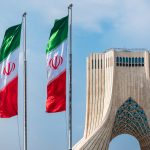How the Iran nuclear deal is magnifying regional tensions


On the other hand, Iran’s Supreme Leader Sayyid Ali Hosseini Khamenei’s statement from 2013 is being highlighted by the state media. The leader had observed in the statement, “Sometimes the leaders of the Zionist regime even threaten us; they are threatening to strike militarily, but I think they know it, and if they do not know it, they must know that if they make a mistake, the Islamic Republic will destroy Tel Aviv and Haifa.”
Apart from the ‘call of war’ sentiment of the statement, there are certain other developments that have acted as a catalyst towards magnifying regional tensions as well international sway in the issue of Iran’s nuclear program.
Related Posts
As reported by The New York Times earlier this month, Israel’s military had carried out two offensives targeting Iran’s nuclear facilities. One was conducted in June at a centrifuge facility in Karaj and the other in September at a missile base. Both the facilities were located near capital city of Iran, making the attack by Israel’s military even more audacious for Iran. The most agitating part of this operation was, according to the media reports, is that the measures were carried out by Israel after giving a heads-up to US President Joe Biden’s administration.
The ongoing Vienna talks have been watched by world leaders closely. Even though US President Joe Biden has refused to engage directly in the negotiations to revive Iran nuclear deal or JCPOA (Joint Comprehensive Plan of Action), two Iranian officials have claimed that there was “limited progress” in the Vienna talks – a claim not backed by anybody else.
Israeli Defence Minister Benny Gantz reportedly presented a plan of military attack on Iran to Pentagon during his visit to US earlier this month. Though Biden administration did not pass the plan or the schedule of Israel’s plan, Gantz categorically said in his statements to media that his orders would help prepare the military “for the Iranian challenge at the operational level.” He added that as per his assessment, “There is room for international pressure—political, economic and also military—in order to convince Iran to stop its fantasies about a nuclear programme.”
Iran’s nuclear program has always been a threat to the regional countries. After Barack Obama settled the JCPOA in 2015 to counter Tehran’s nuclear program, the Middle East wasn’t happy. Countries in the region felt that the deal in fact legitimized the nuclear program instead of stemming it in the bud. So when former US President Donald Trump exited the deal in 2018, Israel and other Arab nations felt relieved. But America’s act infuriated Iran that had invested a lot in its program. Within weeks Iran bolstered its Uranium enrichment program – it was beyond the limit sanctioned under deal of 3.67% of Uranium-235.
According to IAEA, as of this year Iran has reached enrichment level of 63%. Israel has reiterated that the time is now to act now, citing how Iran is inching close to the level of 90% that is required for a nuclear bomb.












